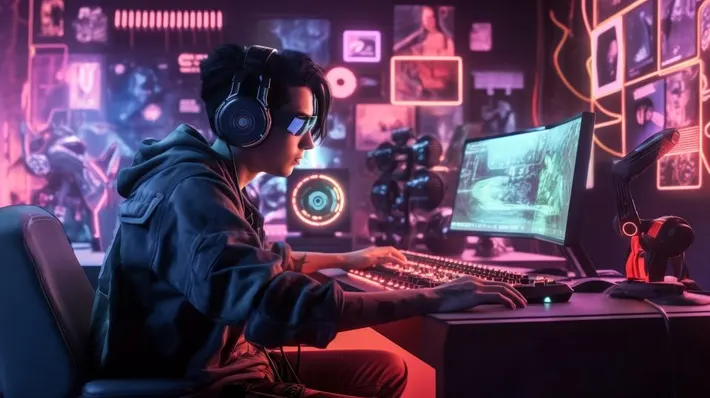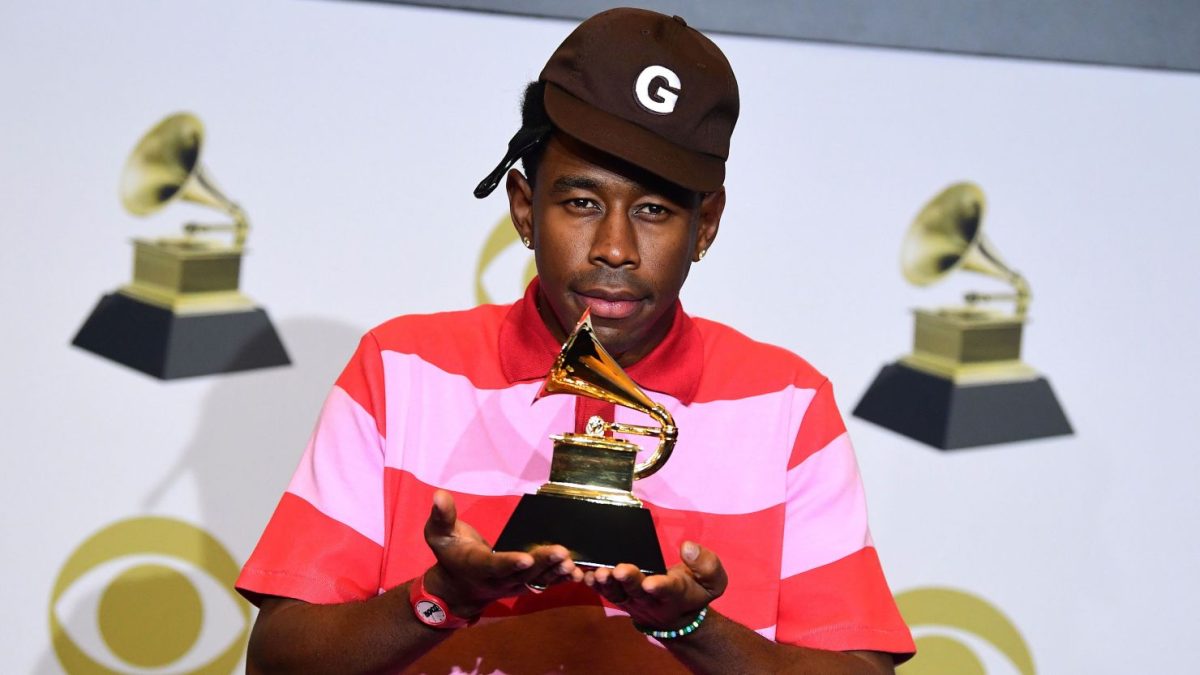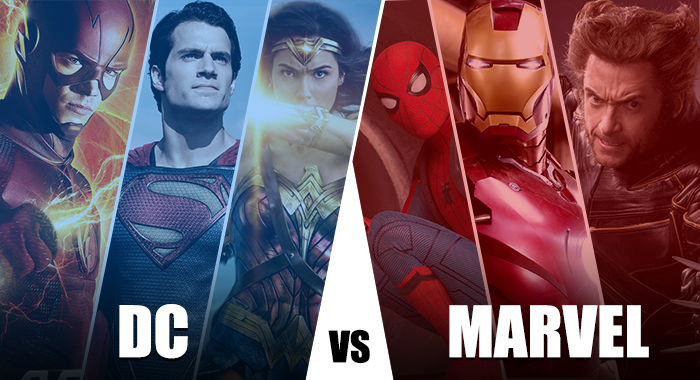Video games have emerged as a cultural phenomenon that goes beyond age, gender, and geographic boundaries. Over the past few decades, and the gaming industry has evolved from a niche hobby to a multibillion-dollar entertainment behemoth. With this growth, opinions on video games have become increasingly diverse and complex. Even parents, doctors, and others think video games are bad, but they might turn out to be good for some. In this article, we will look at the many different opinions surrounding video games, ranging from their impact on society and mental health to their cultural significance and potential benefits.
When I interviewed two Crownpoint High School students their, responses were quite similar. I asked them, “What is your opinion on video games?” The first student answered, “My opinion on video games is good and sometimes it is ok to play and others it is not.” The second answered, “Well its bad, it’s a distraction.” As we can see they were positive and negative, but this means that the people that play games or enjoy gaming would have a good statement to say. However, if it were to be someone who hated video games or had negative feelings about video games, their response would be negative. The other questions I asked were, what was your first game console growing up, if you had one? Which game console you like playing the most? The first said that they got a Nintendo 3ds for their birthday and they really loved it the point where they almost got another one to travel with. The second one said they had a game boy and they loved playing it because it gave them so much joy to play their favorite games. The other questions that asked were “What is the best and the worst video game you ever played?” “What is your favorite game of all time and explain why?” ”If you had to rate yourself on a scale from 1-10 on how much you played games from before you started to the present (now) what would you rate yourself? Why?” They both had their own ideas to say but they both also like video games so they had positive things to say.
When I surveyed twenty high school students, I found out some interesting things about the types of games students like. I found that students like shooter games the best, and the favorite of these types of games is “Call of Duty.” At one time, RPG (Role Playing Games) were among the favorites in the gaming world, but now first-person shooter games are among the favorites. One of the drawbacks to the favorite games is the amount of violence in these games. parents are concerned about the violence from video games. Many parents are concerned about the amount of violence their children are exposed to when playing these games.
Currently, there is a major debate over violent video games and the impact they can have on kids. One of the most persistent debates in the world of video games revolves around violence. Critics argue that violent video games contribute to real-world aggression and desensitize players to violence. On the other hand, proponents point to research that suggests no conclusive link between violent games and violent behavior. The debate rages on, reflecting the broader discussion about media’s impact on society.
The educational value of video games. Contrary to the notion that video games are purely a source of entertainment, many believe that they have educational value. Educational games, such as Minecraft and educational apps, can help children learn critical thinking skills, creativity, and even basic coding principles. These games represent a fusion of entertainment and education, challenging the stereotype that gaming is a mindless pastime.
Some people say there is a social aspect for video games, which allows for people with similar interests to meet. For many, video games provide an avenue for social interaction. Online multiplayer games and platforms like Twitch have transformed gaming into a communal experience. Gamers from across the globe can connect, collaborate, and compete in virtual spaces, forming friendships and communities that transcend geographical boundaries. Critics, however, argue that excessive gaming can lead to social isolation.
The gaming industry has faced criticism for its lack of diversity and representation. Historically, video game characters have been male and white, leaving minority groups underrepresented. However, recent years have seen efforts to address this issue, with more diverse characters and storylines emerging in mainstream games. Critics argue that there is still work to be done, while proponents praise the industry’s strides toward inclusivity.
People say there is an addiction and possible mental health challenges related to video games. The addictive nature of video games is a contentious topic. Many believe that excessive gaming can lead to addiction, negatively impacting mental health and overall well-being. On the other side, it is argued that gaming can be a healthy escape and a coping mechanism for stress and anxiety. The World Health Organization even recognized “gaming disorder” as a mental health condition in 2019, sparking further debate.
Video games are increasingly being looked like an art form. Games like “Journey” and “The Last of Us” are celebrated for their compelling narratives, breathtaking visuals, and emotional depth. Critics who once dismissed games as mindless entertainment now appreciate the medium’s capacity for storytelling and artistic expression.
The economic impact on video games is that people chose the video game for their enjoyment over other activites. But beyond mere entertainment, video games have a substantial economic impact. The gaming industry generates billions of dollars annually, providing jobs and stimulating economic growth. The growth of esports, a competitive form of video gaming, has also created new avenues for employment and entertainment, drawing large audiences and significant investments.
Nostalgia plays a significant role in the world of video games. Many gamers have fond memories of classic titles from their childhood and continue to enjoy them through emulators and re-releases. Retro gaming has become a thriving subculture, demonstrating that the appeal of older games endures, even in an era of advanced technology.
The world of video games is a tapestry of diverse opinions and perspectives. From the debate on violence and its potential effects on society to the educational value of gaming and its role in fostering social connections, there is no shortage of topics to explore. Additionally, discussions about diversity, addiction, artistic expression, economic impact, and nostalgia continue to shape the evolving landscape of gaming.
As video games continue to evolve and expand their reach, it is essential to recognize the multifaceted nature of the medium. It is not merely a form of entertainment but a cultural, social, and economic force that elicits a wide range of opinions, each contributing to the ongoing dialogue surrounding video games today.







